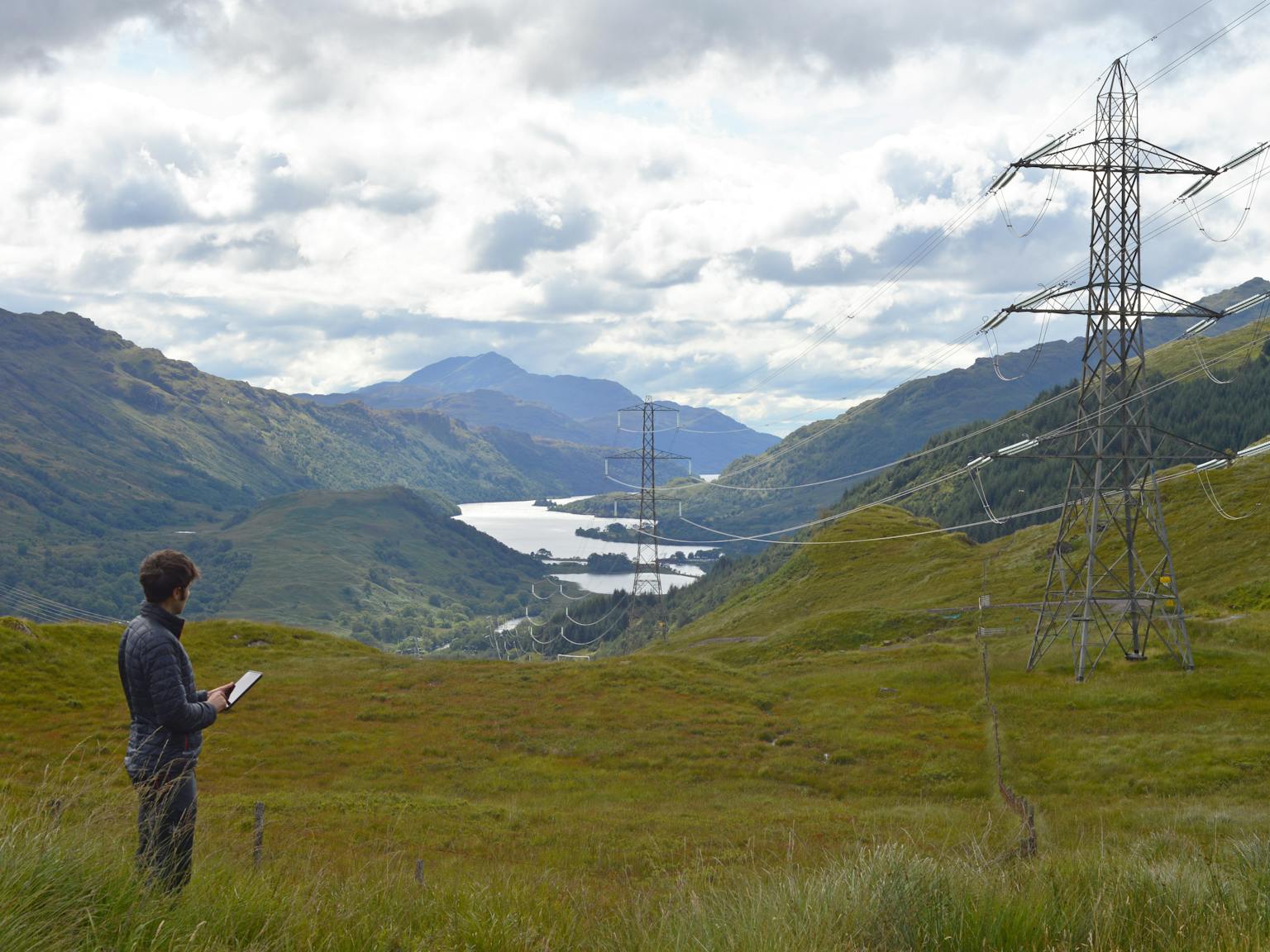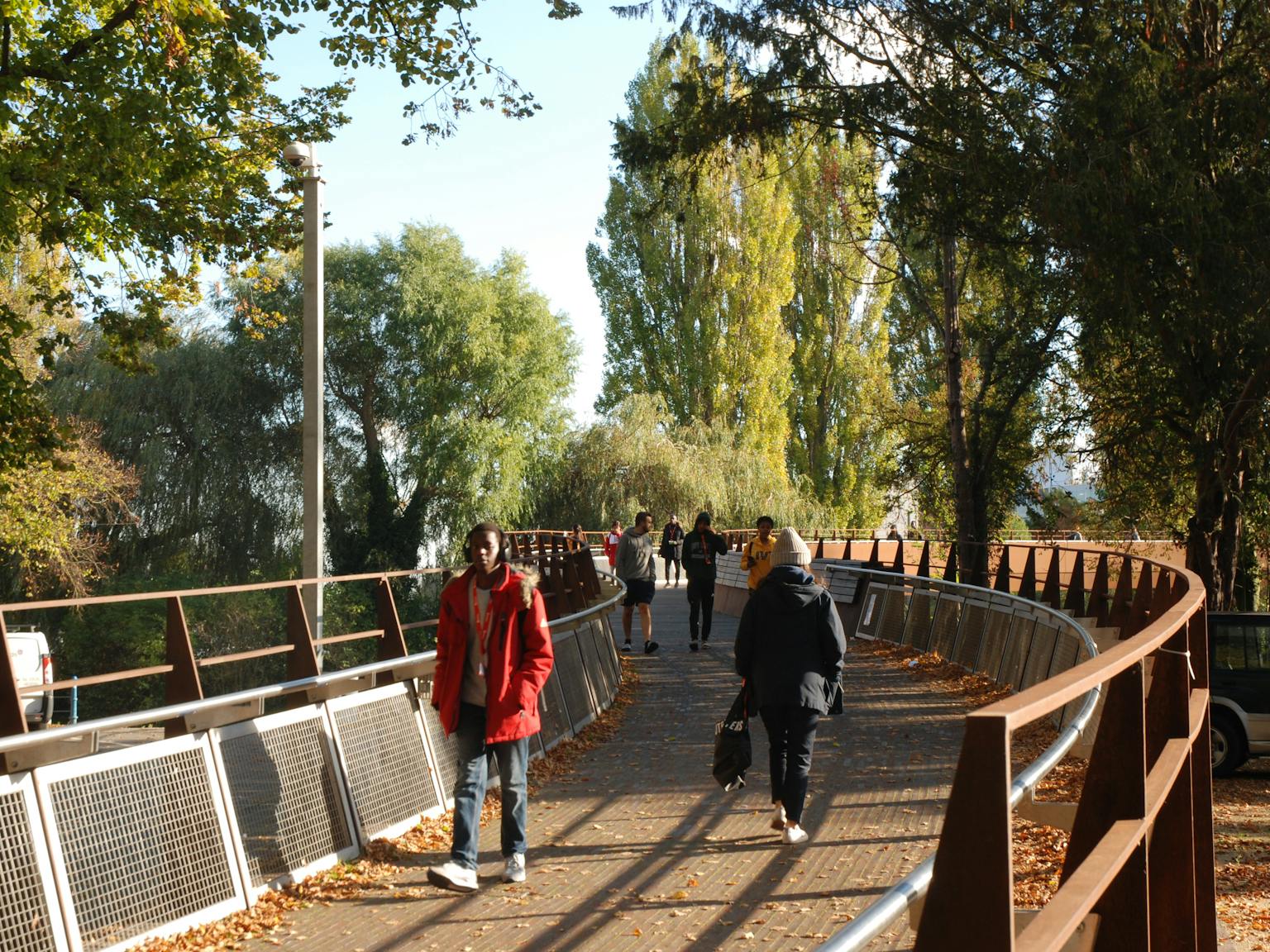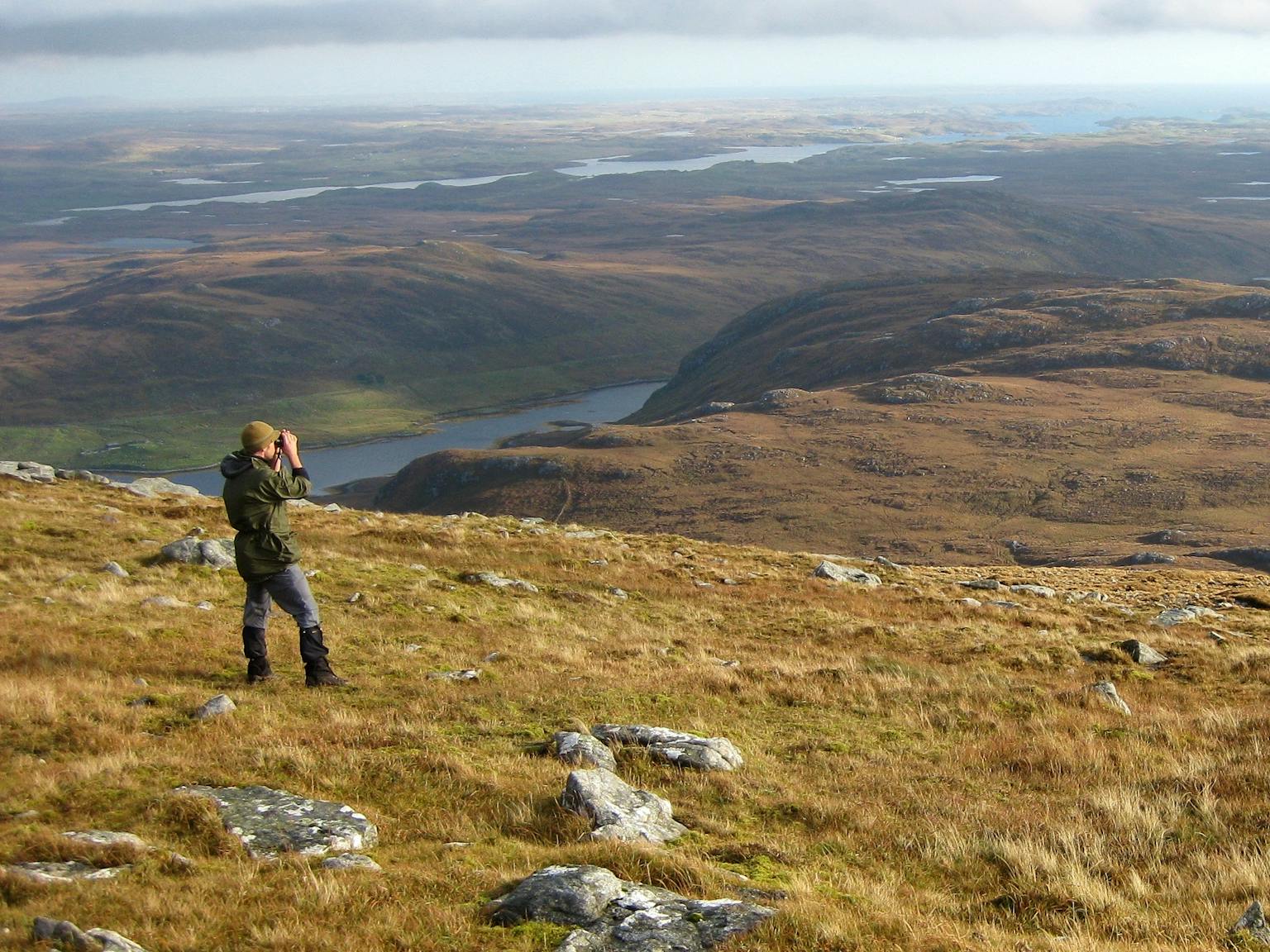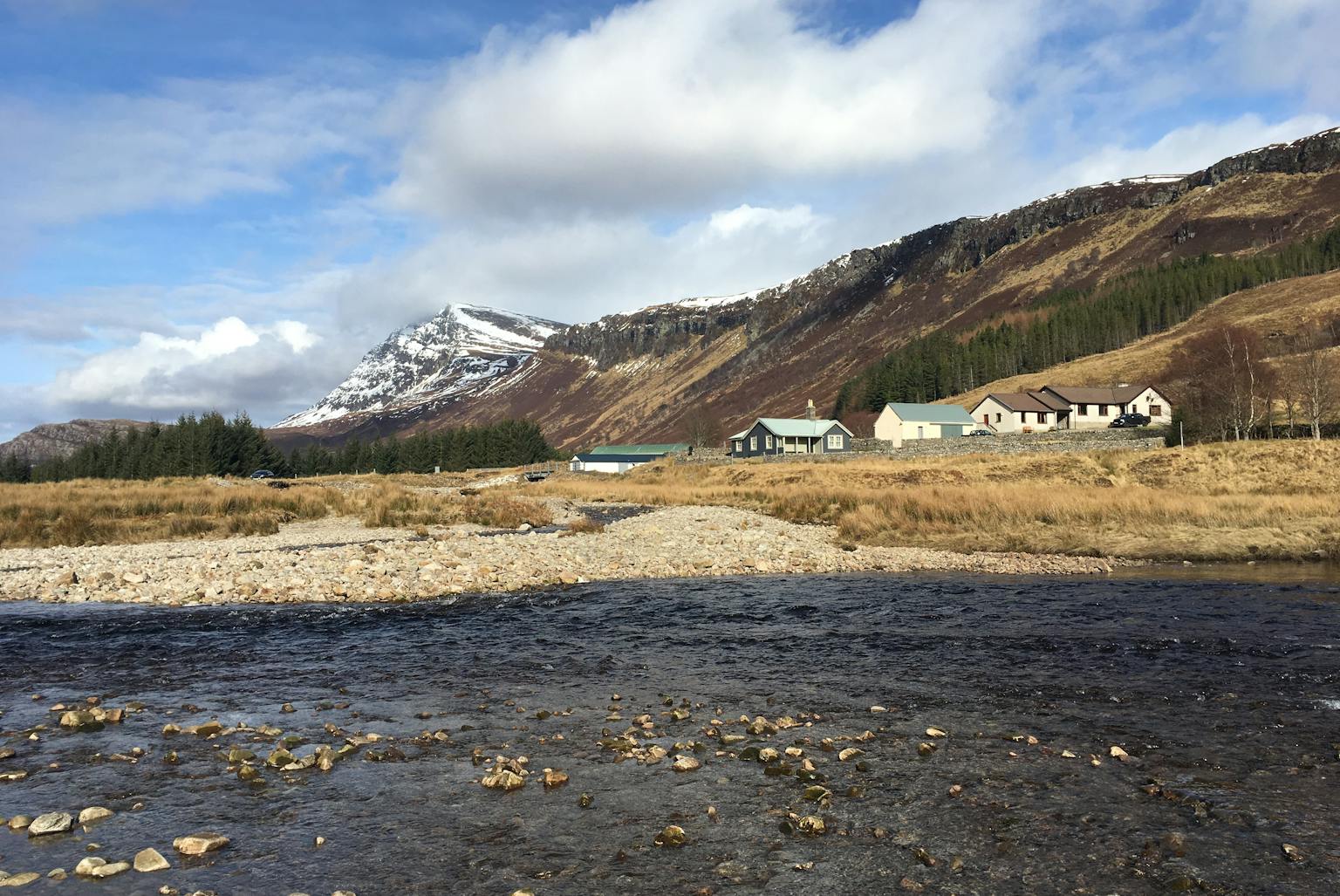
Delivering climate action in Scotland
As Scotland prepares for Climate Action Week, the country stands at a pivotal point in its journey to net zero. The Climate Change (Emissions Reduction Targets) (Scotland) Act, updated in 2024, sets a legally binding path to cut greenhouse gas emissions to net zero by 2045, with interim carbon budgets ensuring accountability and measurable progress. These plans are underpinned by the principle of a just transition, recognising that the shift to a low-carbon future must protect livelihoods, communities and fairness.

From ambition to action
This vision is already being put into action. From transforming transport networks and rolling out community renewables to restoring peatlands and creating new woodlands, Scotland is acting now as well as planning for the decades ahead. With investment in energy efficiency, electric vehicle infrastructure and a national strategy to adapt to the changes already underway, Scotland is proving that climate action can be both urgent and inclusive, providing a model for others to follow.
LUC’s Scottish presence
LUC (Land Use Consultants) was founded in the 1960s by professionals who saw the urgent need for a multidisciplinary practice capable of meeting emerging environmental, planning and landscape challenges. Since 1979, LUC has had an office in Scotland, and today we are present in both Edinburgh and Glasgow, with nearly 100 staff members bringing together expertise in Planning, Environmental Planning, Landscape Planning, Urban Design, Landscape Design, Landscape Management, Ecology, GIS & Visualisation, and the Historic Environment. Our ethos is rooted in a holistic approach: rigorous analysis combined with creative design, always with an overriding loyalty not just to clients but to the environment itself.

Scotland’s legislative framework
Scotland’s climate change legislation sets out not only the overarching goal of net zero emissions by 2045 but also the requirement for a national climate adaptation plan, updated every five years. This balance of mitigation and adaptation recognises that Scotland must act decisively to cut emissions while also preparing for the risks already locked in, from flooding to biodiversity loss.
National Planning Framework 4 (NPF4), published in February 2023, provides the spatial strategy to deliver this ambition for Scotland, setting out spatial principles, regional priorities, national developments, and national planning policy. At its heart are policies designed to address the twin crises of climate and nature, with Policy 2 stating that development proposals must minimise lifecycle greenhouse gas emissions as far as possible and adapt to the challenges of a changing climate.
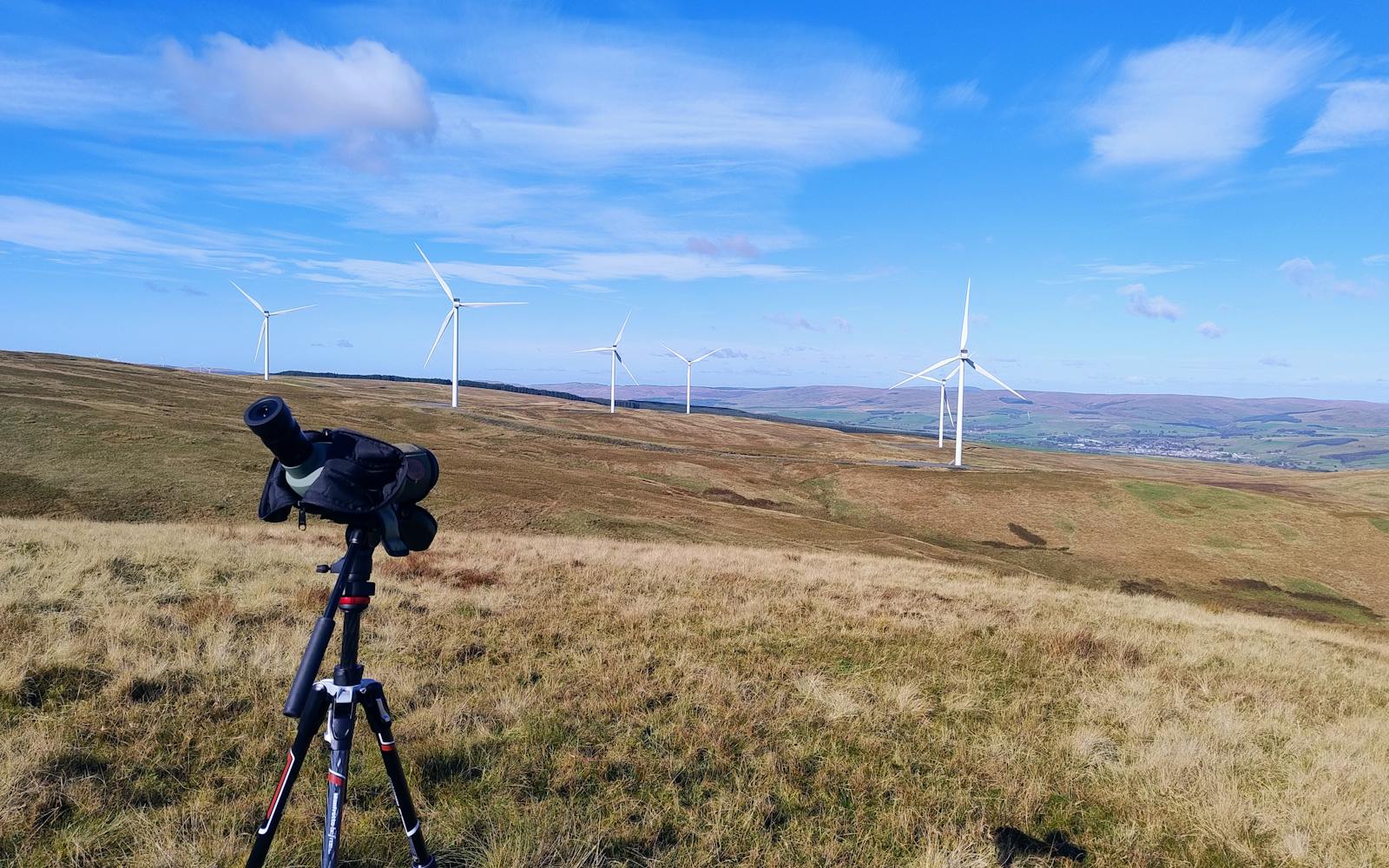
Turning policy into practice
To support the effective application of Policy 2, the Scottish Government published detailed guidance in June 2025, with input from an Expert Advisory Group that included Joanna Wright, Director of Environmental Planning at LUC, representing the Institute of Sustainability and Environmental Professionals.
The guidance highlights the importance of early consideration of opportunities for both climate mitigation and adaptation rather than later ‘retrofit’ or redesign, a place-based approach that delivers wider community benefits, and a proportionate and transparent use of established tools and standards to ensure assessments are meaningful. By encouraging integration with other regulatory requirements, it also helps streamline processes, avoiding duplication and ensuring more consistent outcomes.
Importantly, the guidance shows that calculating and managing carbon need not be a barrier. Project teams already make estimates, from construction materials to energy use, which can be translated into carbon estimates using established conversion factors. These calculations should then inform design decisions, helping to reduce emissions from the outset rather than relying on costly retrofits. Compromises will inevitably arise, but with transparent justification, the process supports better-informed choices and more sustainable outcomes.
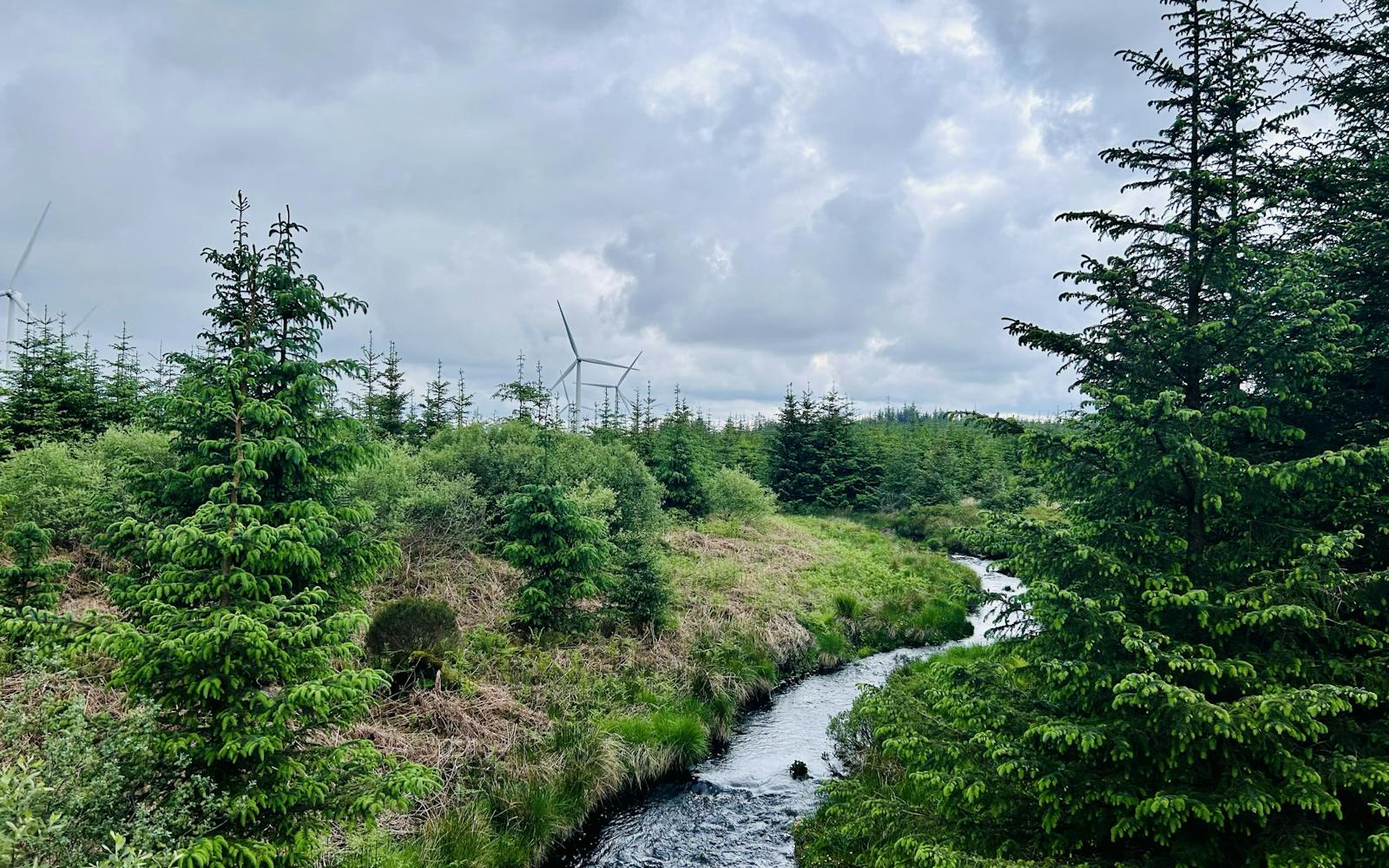
A collaborative effort
The response to the new guidance has been encouraging. A recent Scottish Government webinar drew over 200 attendees, including local authority planners and representatives from Historic Environment Scotland (HES), the Scottish Environment Protection Agency (SEPA), and NatureScot. The level of engagement and willingness to share experiences reflects the collective recognition that climate action cannot wait, and that collaboration, knowledge-sharing and practical tools are essential to turn policy into action.
LUC’s ongoing commitment
At LUC, we are proud to contribute to this national effort. Our longstanding presence in Scotland, combined with the breadth of expertise across our teams, means we are well placed to help shape projects that not only meet the requirements of climate legislation but also deliver wider social, environmental and cultural benefits. In partnership with our clients, communities and colleagues across the public and private sectors, we remain committed to helping Scotland realise its climate ambitions, ensuring that places are planned, designed and managed in ways that are resilient, inclusive and truly sustainable.


